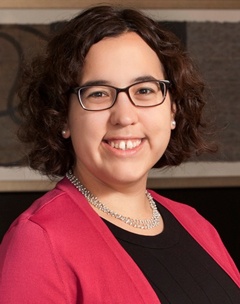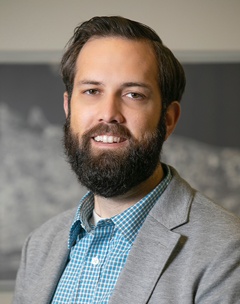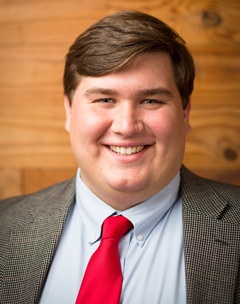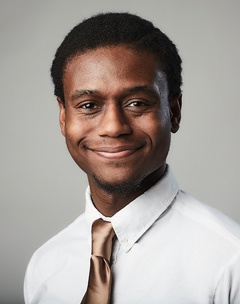Chris Avery, PhD in Chemistry, 2010
Chris Avery, Ph.D., is the Manager for Global Climate Assessments at ICF, an international science consulting firm based in Fairfax, VA. Currently, Dr. Avery serves as the Senior Manager for the National Climate Assessment at the U.S. Global Change Research Program (USGCRP). In this role, he manages the development, review, and publication of the National Climate Assessment. Prior to his current position, Dr. Avery worked as a Senior Advisor and director of communications for the National Council for Science and the Environment. Before that, Dr. Avery worked as a Senior Advisor in the U.S. Department of Energy (DOE). Dr. Avery worked with DOE’s clean energy technology division to facilitate engagement with state and local governments, non-governmental organizations, renewable energy industries, and the Department of Energy’s National Labs. He advised high-level Administration officials and external stakeholders on strategy, policy, and public engagement opportunities. His fields of policy expertise include climate, energy, environment, and clean technology.
Dr. Avery was a 2011-2012 ACS Congressional Science Policy Fellow, working in the United States Senate as a science advisor. Dr. Avery worked for Senator Chris Coons on the Senator’s energy and environment legislative team, with additional involvement in federal procurement and scientific integrity issues. He also served as a Mirzayan Science & Technology Policy Fellow at the National Academies, and worked for the Board on Science, Technology & Economic Policy. He participated in multiple projects related to intellectual property, energy technology, greenhouse gases, tax codes, standards setting and water rights. Dr. Avery earned a Ph.D. in analytical chemistry and a graduate certificate in science, technology, and public policy from the University of Michigan.








